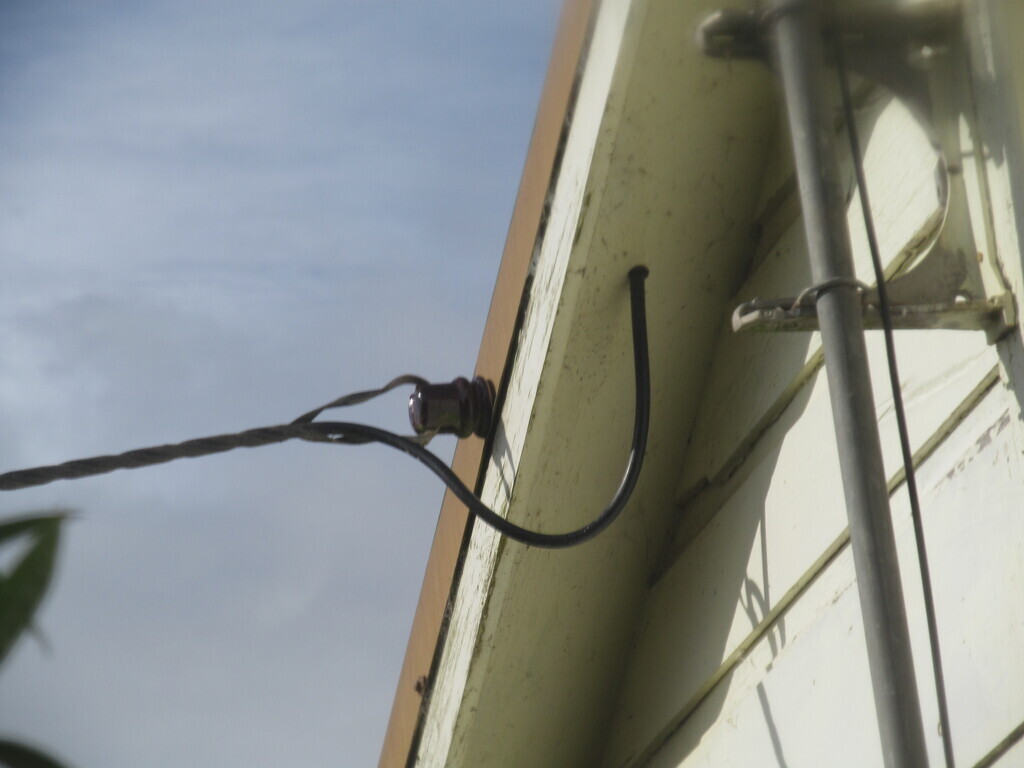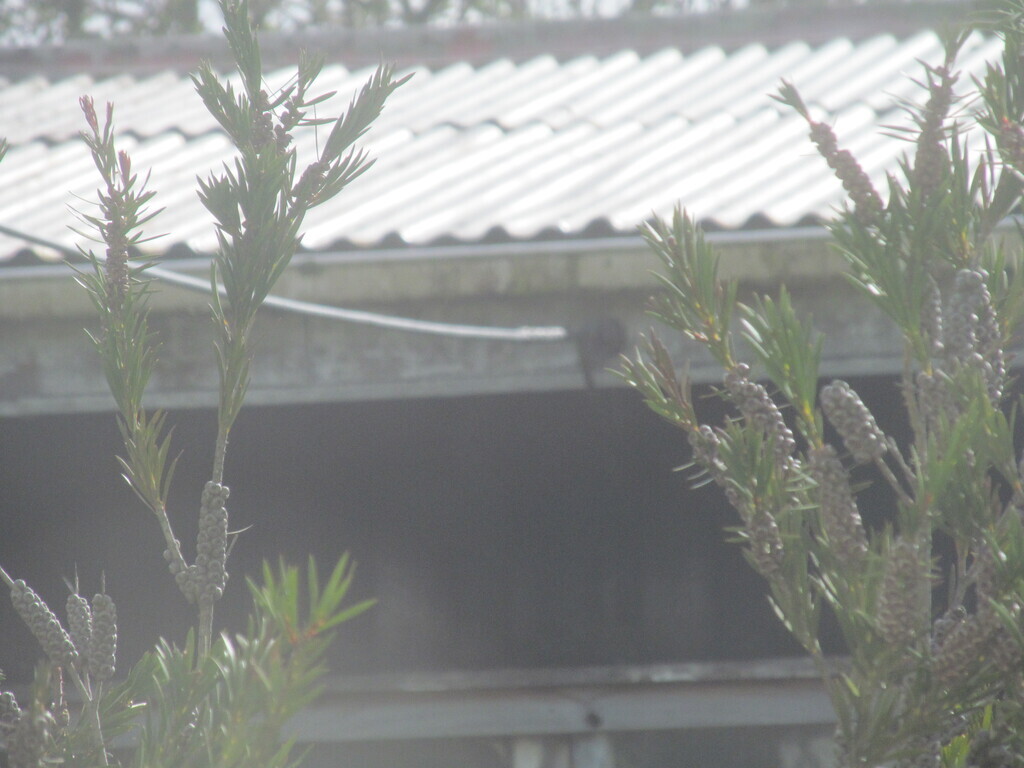|
|
|
Sept 11, 2020 7:26:07 GMT
|
|
Thanks for that
Will have to look at the form the sparkies use, have never noticed that before - is everybody signing each stage supposed to be a registered competent person?
|
| |
|
|
|
|
|
Sept 12, 2020 15:26:38 GMT
|
Thanks for that Will have to look at the form the sparkies use, have never noticed that before - is everybody signing each stage supposed to be a registered competent person? Have a read of Part P in the following link:
There is a section about someone who isn't registered for part P employing someone to sign off the work.
The issue is that the person inspecting and testing the installation is ultimatly responsible for signing off that its compliant with BS7671 (The IET wiring regulations) so if you install a cable and then plaster it into a wall and they can't see it then they have to take a chance that what you have done is correct.
The person signing for design would be responsible for design side of things but there are grey areas between what the designer does and what the tester should pick up so for example if a 40A circuit is specified as being wired in 1.5mm2 and got installed like that and then there was a fire then the design would be liable for their incorrect design but the tester (in my view) would also be liable for missing such an obvious mistake when testing and certifying.
Regarding whether the installer needs to be registered, I don't believe so as for example we have installers on-site who are aprentices who are not yet qualtified and they are doing installation work but under the supervision of another and ultimatly the tester. The best thing if your concerned is to ring building control and ask for their advice.
The problem is trying to find an electrician who will certify someone elses work, with my house I didn't bother and when I came to sell it I had someone come and do a periodic inspection on it which was sufficent for the sale. Interestingly the person who tested it for me wasn't overly thorough or detailed in what they were doing but sadly thats the case with a lot of people in the electrical industry. Part of my job now is reviewing the work that designers do (on projects between 20K and 6Million at the moment) and I can honestly say that only 1 in 5 of the designers I meet actually have any idea what they are doing which is shocking (possibly quite literaly) when these peopel are designing hospitals, schools and the like.
|
| |
|
|
donk
Part of things
 
Posts: 57
|
|
Sept 13, 2020 7:38:52 GMT
|
Personally I would use an SWA whether buried or cleated to a wall/fence etc. I've been following this thread with interest. I'm also in the early stages of wiring up a wooden garage. The garage is yet to be finished. However. Is being cleated to a wall or fence a good option? I've been trying to get local sparkies in for quotes on what would be involved taking power from the house to the garage about 15 metres away. I've always had horrible thoughts of digging up half the garden to lay cable to get there. If along a fence is an option that is acceptable and able to be signed off that would be grand idea. I did think on a Catanry wire? Though my friendly sparkie informs me these are old hat now. I'm just looking for a competent electrician to complete the works from start to finish. |
| |
"That looks alright"
|
|
|
|
|
Sept 13, 2020 8:25:23 GMT
|
Personally I would use an SWA whether buried or cleated to a wall/fence etc. I've been following this thread with interest. I'm also in the early stages of wiring up a wooden garage. The garage is yet to be finished. However. Is being cleated to a wall or fence a good option? I've been trying to get local sparkies in for quotes on what would be involved taking power from the house to the garage about 15 metres away. I've always had horrible thoughts of digging up half the garden to lay cable to get there. If along a fence is an option that is acceptable and able to be signed off that would be grand idea. I did think on a Catanry wire? Though my friendly sparkie informs me these are old hat now. I'm just looking for a competent electrician to complete the works from start to finish. There is nothing wrong with an armoured cable clipped to a fence provided it's correctly supported, i.e. you provide enough cleats so it doesn't sag. You do need to consider whether the fence panels will ever need to be removed to paint them and also whether it's you fence or your neighbours. The main thing is to make sure that the cable is adequately mechanically protected and ideally at a height where you won't bump into it with the lawn mower. Personally I prefer to bury them but I can see it's a lot of work. When I built my garage I also had to build a drive to it so I put the cable in first then some sand around it and then the hardcore. It's about 300mm down. We don't tend to use catenary wires these days although there is no technical reason why not, it's just that people don't like how they look. A lot of BT's network and a fair bit of the electricity boards power system still runs over head. |
| |
|
|
donk
Part of things
 
Posts: 57
|
|
Sept 13, 2020 9:06:19 GMT
|
|
Ah ok, that does sound like a good option then. Sort of 2ft off the ground, along a fence around to the garage was sort of how I was thinking. (Its a 6ft fence we recently put up.) My old garage used to have a catanary pretty much a 3 core wire tied to a line from the house to the end of the garden. Thanks for your input I shall continue to follow for ideas. May even post up a garage build thread, though just a basic 4m x 6m wooden garage.
|
| |
"That looks alright"
|
|
|
|
|
Sept 13, 2020 22:03:42 GMT
|
Personally I would use an SWA whether buried or cleated to a wall/fence etc. I've been following this thread with interest. I'm also in the early stages of wiring up a wooden garage. The garage is yet to be finished. However. Is being cleated to a wall or fence a good option? I've been trying to get local sparkies in for quotes on what would be involved taking power from the house to the garage about 15 metres away. I've always had horrible thoughts of digging up half the garden to lay cable to get there. If along a fence is an option that is acceptable and able to be signed off that would be grand idea. I did think on a Catanry wire? Though my friendly sparkie informs me these are old hat now. I'm just looking for a competent electrician to complete the works from start to finish. The electrical supply cable to my garage/workshop runs overhead. Our electrician agreed that this was the best option. We couldn't run it underground through that area even if we wanted to because that's where the septic tank is. I prefer overhead cables because I can see where they are meaning that there is no risk of accidentally digging one up. There is a line from the garage to another outbuilding that is clipped to the fence but it only supplies a couple of power sockets and one light and runs off the garage fuse board so technically it is part of the garage system.
  |
| |
Last Edit: Sept 13, 2020 22:05:30 GMT by igor
|
|
|
|
|
Sept 14, 2020 10:00:31 GMT
|
|
If my garage already had electric to it with a fuse box, light and a socket am I allowed to change the fuse box and add extra lights and sockets?
|
| |
|
|
|
|
|
Sept 20, 2020 8:11:51 GMT
|
If my garage already had electric to it with a fuse box, light and a socket am I allowed to change the fuse box and add extra lights and sockets? My understanding is that you can extend an existing circuit (i.e. add more lights and sockets) but if you add an entire new circuit or change the fusebox then it become notifiable under part P. |
| |
|
|








